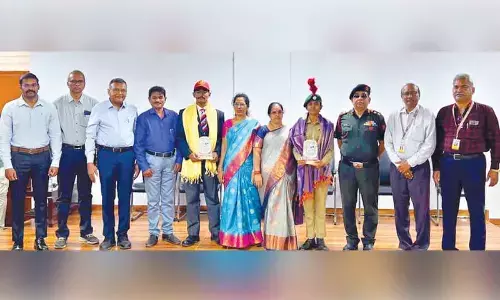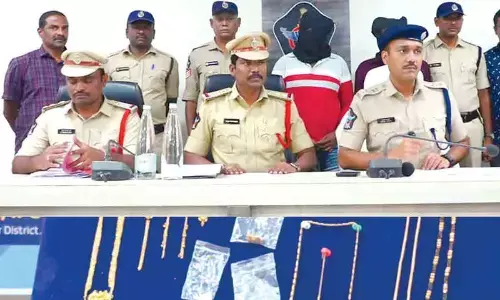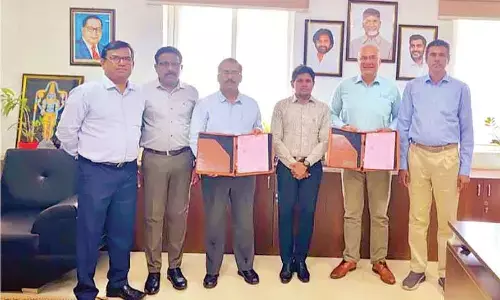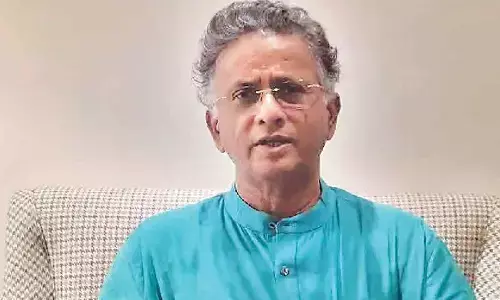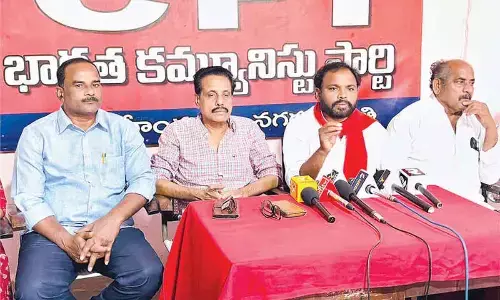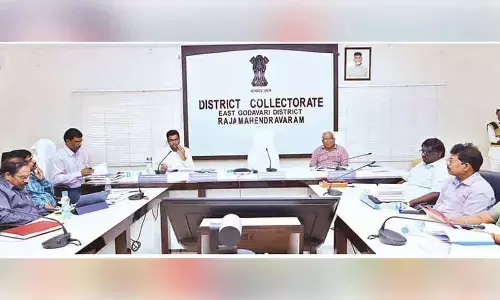She trades trash before Kuwait embraces sustainable model
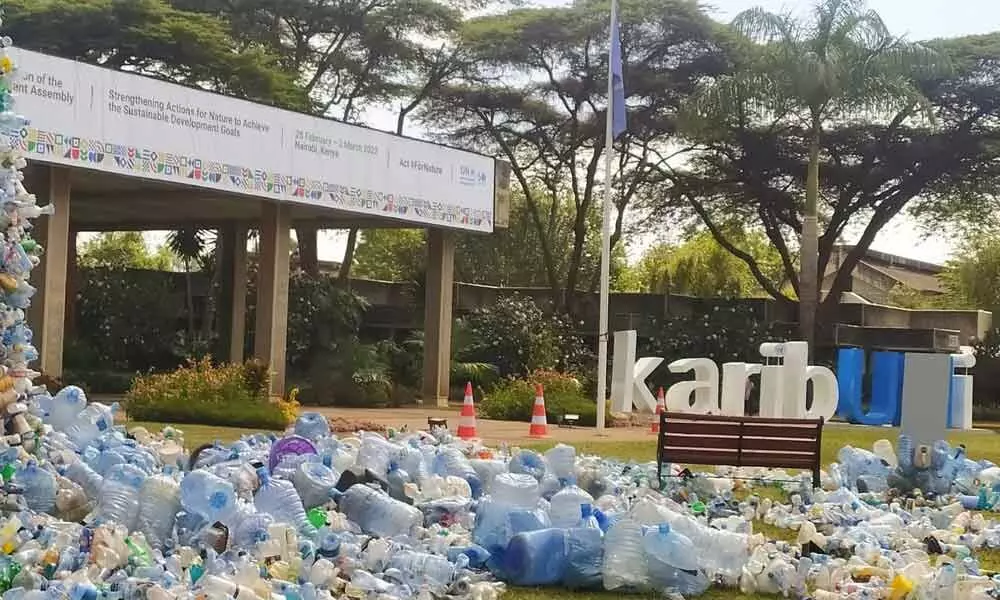
She trades trash before Kuwait embraces sustainable model
Since its launch in early 2019, Eco Star, a non-profit organisation that recycles trash from homes, restaurants and schools across Kuwait, has recycled more than 3.5 tonnes of plastic, 10 tonnes of paper and 120 tonnes of metal.
Since its launch in early 2019, Eco Star, a non-profit organisation that recycles trash from homes, restaurants and schools across Kuwait, has recycled more than 3.5 tonnes of plastic, 10 tonnes of paper and 120 tonnes of metal.
"We can all take action and inspire others to take action on a bigger scale," believes Fatemah Alzelzela who is trading up trash. She's among the five young entrepreneurs embracing sustainable business models.
According to the United Nations Environment Programme (UNEP), micro, small and medium-sized enterprises have a crucial role to play, given they comprise 90 per cent of businesses and are responsible for more than half of global employment.
A recent report from UNEP, titled Becoming #GenerationRestoration, found that one-third of the world's farmland is degraded, about 87 per cent of inland wetlands have disappeared, and ecosystem degradation is affecting the well-being of 40 per cent of the global population.
According to a UNEP post on Tuesday, Alzelzela's home country, Kuwait, generates 1.5 kgs of trash per person per day -- twice the global average -- and 90 per cent of it ends up in landfills.
Kuwait is yet to embrace sustainable waste management -- and Alzelzela is aiming to change that. She used her own cash as start-up capital and built her consumer base by educating people about recycling on her social media platforms, which now have more than 20,000 followers.
Meet another young entrepreneur: Nzambi Matee, the founder of Gjenge Makers, a company that uses discarded plastic to produce building materials. Having observed the volumes of plastic bags polluting the streets of Nairobi, she developed a machine that compresses a mixture of plastic and sand into bricks.
According to UNEP, the bricks are lighter and more durable than cement, they are affordable and have been used to pave walkways for homes and schools -- including those in low-income areas where students would otherwise have to walk on dirt paths.
Her business now produces 1,500 pavers per day --proving that it is possible to move from a linear economy toward a circular one, in which products and materials remain in use for as long as possible.
In rural China, even water that looks clean may not be safe to drink. According to some estimates, as much as half of the country's shallow groundwater is polluted. "Imagine two glasses of water, both looking the same, but one is clean and one could make you sick," says Xiaoyuan Ren. "How do you choose?"
Her company, MyH20, removes the guesswork by charting water quality. A data platform and mobile phone app, it collates information gathered by a nationwide team of youth volunteers. It provides users with current information about local water quality, offers solutions for purifying water and connects communities to companies specialised in treating contaminated water sources.
According to UNEP, MyH20 has helped provide clean water to tens of thousands, but Ren is not finished yet. "What motivates me is galvanising others to take action," she says. MyH20 volunteers -- who are students of science, technology, engineering and medicine -- "will go on to develop careers in these fields and create solutions to some of the environmental problems they have seen while working with us".
Nature for poverty eradication, jobs and economic prosperity are one of the key focus areas of the resumed fifth session of the United Nations Environment Assembly (UNEA-5.2), which is being held in this Kenyan city from February 28 to March 2.
UNEP Executive Director Inger Andersen stressed the importance of multilateralism in addressing the environmental crisis. She said: "A huge responsibility sits on our shoulders responsibility to deliver solutions to the triple planetary crisis of climate change, the crisis of nature and biodiversity loss, and the crisis of pollution and waste."
UNEA is the world's highest environmental decision-making body. Through its resolutions and calls to action, the Assembly provides leadership and catalyses intergovernmental action on the environment. (IANS)


